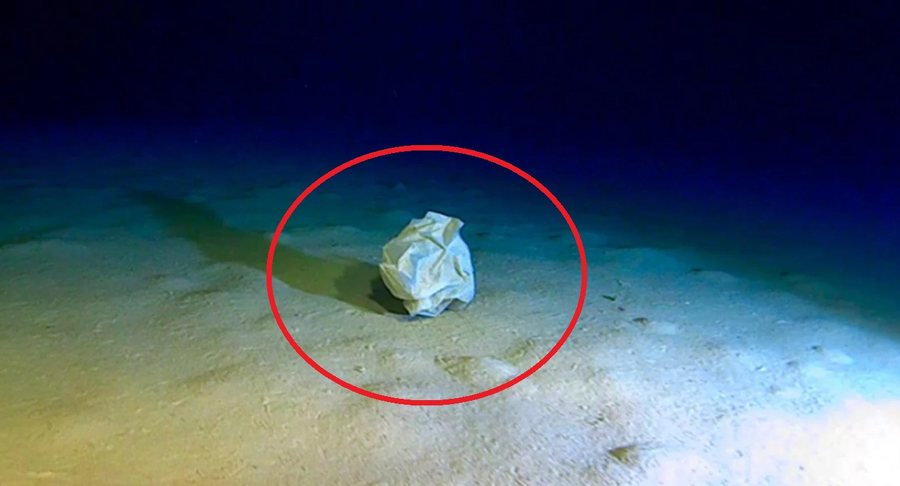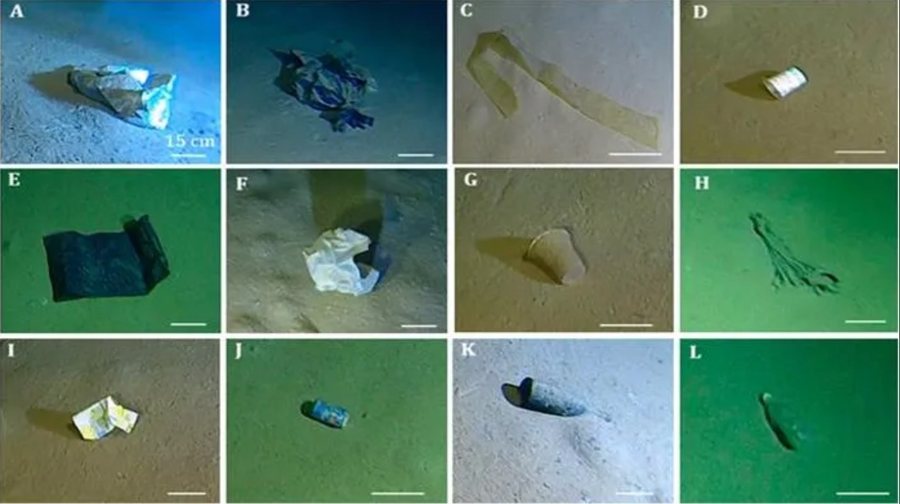
A scientific expedition to the deepest point of the Mediterranean in the Ionian Sea has revealed a disturbing reality: human remains have penetrated to the farthest and most inaccessible depths. Researchers from Germany's Helmholtz Institute, in collaboration with the Hellenic Centre for Marine Research (HCMR), discovered a shocking amount of waste in the Calypso Depth, in the Ionian Sea near Greece, more than 5,100 meters below sea level.
During the dive with remotely operated vehicles (ROVs), 167 visible objects were identified on the seabed, of which 148 were human remains: plastic bags, rusty cans, pieces of textiles, glass bottles, writes A2. In some areas, the waste was piled up in an organized manner, suggesting that it may have been deliberately dumped by commercial or fishing vessels.
"It is clear evidence that there is no longer a corner of the ocean that has not been touched by humans," said researcher Antje Boetius, director of the Alfred Wegener Institute and part of the expedition.

The Mediterranean Sea, despite covering less than 1% of the global ocean surface, holds over 7% of the world's plastic pollution, according to the United Nations Environment Programme (UNEP). As a nearly enclosed sea, with limited access to the Atlantic Ocean and a dense population on its shores, the Mediterranean becomes a natural trap for waste, writes A2 CNN.
Researchers emphasize that the waste does not wash up on shores or tourist beaches – through ocean currents and gravity, it ends up in the depths. There, due to the low temperature and lack of light, the plastic decomposes very slowly and can remain for centuries, damaging the habitats of marine fauna.
Scientists have found clear signs that some of the waste was intentionally dumped by ships. This is often done to avoid the costs of processing waste at port, writes A2. Although the international treaty MARPOL prohibits dumping of waste at sea, the actual implementation of this law is weak.
After the study was published, environmental organizations such as Greenpeace and Oceana called for immediate action. They proposed a total ban on any polluting activity in the deepest areas of the Mediterranean. (A2 Televizion)











